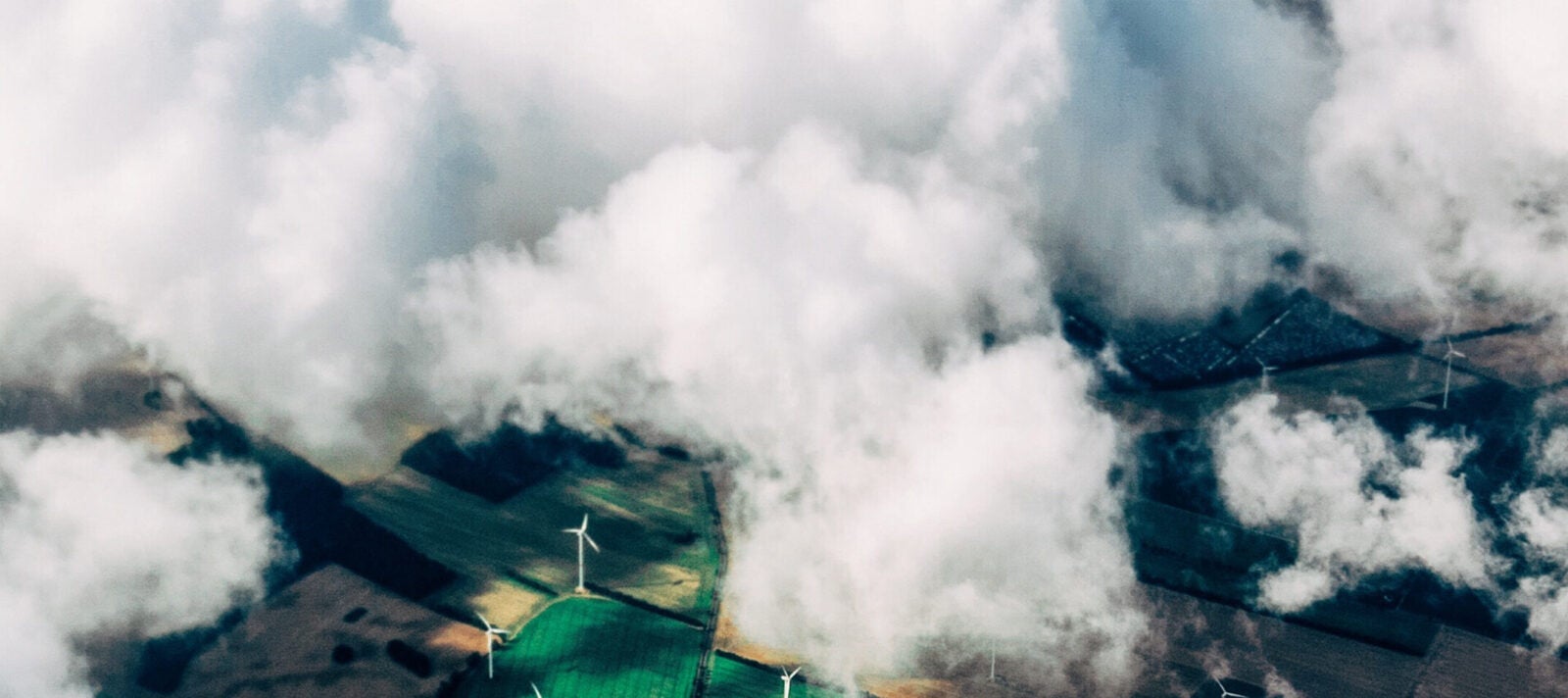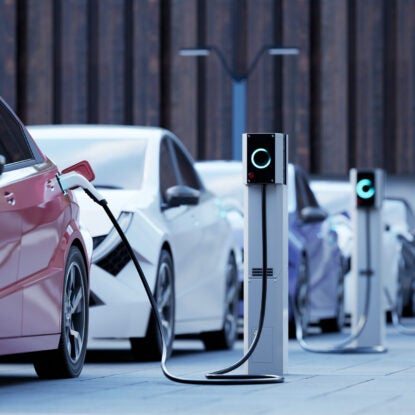Podcast
Featured Episode
The Cost of Pulling Back from China in the EV Transition
Transportation

Energy Policy Now offers clear talk on the issues that define our relationship with energy and its impact on society and the environment.
Filtered By:
Markets & FinanceResults
| Sort by Publish Date | Sort by Title | Guests | Summary |
|---|---|---|---|
| October 27, 2020 | Grid Forward Debate: Has Electricity Deregulation Led to Better Community Outcomes? | Bruce Edelston, Mark Kolesar | Electricity market deregulation promised to bring more affordable and reliable electricity to consumers. A quarter of a century after deregulation began, has its promise delivered for all Americans? |
| September 15, 2020 | As Climate-Related Disasters Intensify, Retreat Emerges as Adaptation Strategy | Mark Nevitt | An environmental lawyer examines the legal and social challenges that could complicate managed retreat from areas at risk to climate-related disaster. |
| July 21, 2020 | Questioning the Promise of Carbon Tax Border Adjustments | Samuel Kortum, David Weisbach | Most carbon tax proposals include a border adjustment to protect American industry from foreign competition. Yet research suggests that benefits won't extend to consumers. |
| July 6, 2020 | Will Trump’s Regulatory Rollbacks Survive? | Bethany Davis Noll, Richard Revesz | President Trump has gone to great lengths to undo the regulatory accomplishments of his predecessor. But the president’s methods could come back to haunt him, dooming his deregulatory energy and environmental agenda. |
| June 23, 2020 | Understanding the Social Cost of Carbon | Gilbert Metcalf | The social cost of carbon provides an estimate of the economic damage caused by carbon emissions. A climate economist tells how it’s calculated. |
| May 26, 2020 | Why Americans Want a Carbon Tax, But Won’t Support One at the Polls | Ioana Marinescu | An economist looks at how economic worries, and political ideology, have made carbon taxes a tough sell. |
| April 28, 2020 | How Interest Groups Shape U.S. Clean Energy Policy | Leah Stokes | Political scientist Leah Stokes examines interest groups’ power to shape, and resist progressive energy policy. |
| April 15, 2020 | As Residential Solar’s Capabilities Expand, Does New Growth Await? | Anne Hoskins | The residential solar power industry faces the expiration of a key tax break and resistance to net-metering. But with solar’s emerging role in grid services—coupled with additional battery storage—solar is becoming a valuable tool for grid resiliency. |
| February 18, 2020 | Energy Transition Challenges for the 2020s | Michael Aklin, Johannes Urpelainen | What key developments are likely to mark the energy industry in the decade of the 2020s? Two experts in energy politics and economics offer their views of the future. |
| January 21, 2020 | Climate Negotiator Contemplates Future of Paris Agreement Without the U.S. | Andrew Light | 2020 will be a crucial year for the Paris Agreement. An architect of the climate process considers the implications of the U.S. presidential election, and what might be accomplished in the months ahead. |
| January 7, 2020 | Is Climate Risk Insurable? | Carolyn Kousky | As climate-related disasters become more severe and frequent, insurers and governments face an economic black hole. |
| November 26, 2019 | Rethinking Global Emissions Trading | Suzi Kerr | The Environmental Defense Fund's chief economist discusses a plan that leverages international cooperation to achieve ambitious, and durable greenhouse emissions reductions under the Paris climate framework. |
| October 29, 2019 | The Rise of Partisan Politics in Energy Regulation | Cheryl LaFleur | Cheryl LaFleur, former commissioner with the U.S.' top electricity and gas market regulator, talks about the growing influence of partisan politics in energy regulation. |
| October 15, 2019 | The Path Forward for Grid Electricity Storage | Ken Kulak | Battery storage will play a central role in decarbonizing the nation’s electric grid, yet the rules by which batteries will compete in electricity markets have yet to be agreed upon. |
| October 9, 2019 | Debunking the ‘War on Coal’ | Cary Coglianese, Daniel Walters | The Trump administration blames the decline in America’s coal industry on a regulatory “war on coal.” Yet investor reaction to regulatory announcements doesn’t support that view. |
Podcast Producer & Host
Since the first season of our podcast series, Andy Stone has directed each episode of Energy Policy Now—defining topics, inviting guests, and leading informative conversations.

host
Andy Stone
Energy Policy Now Host and ProducerAndy Stone is producer and host of Energy Policy Now, the Kleinman Center’s podcast series. He previously worked in business planning with PJM Interconnection and was a senior energy reporter at Forbes Magazine.

